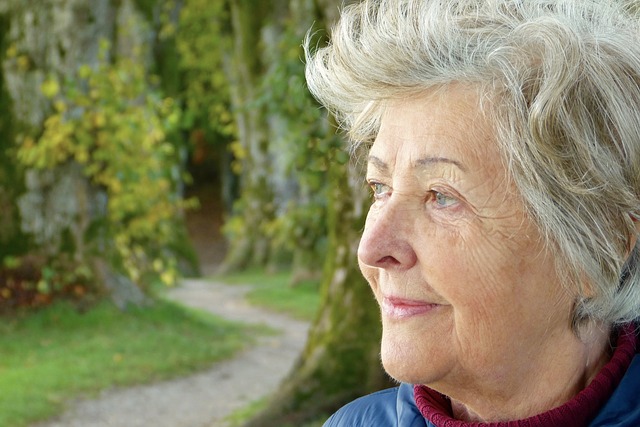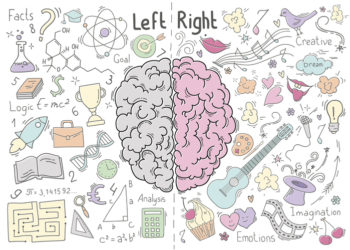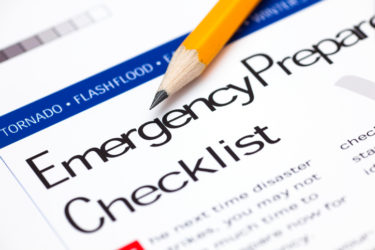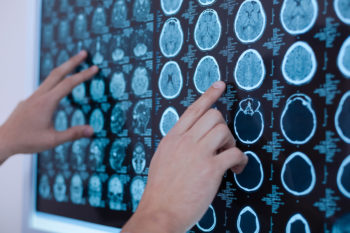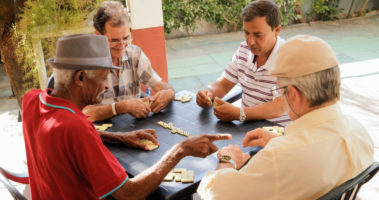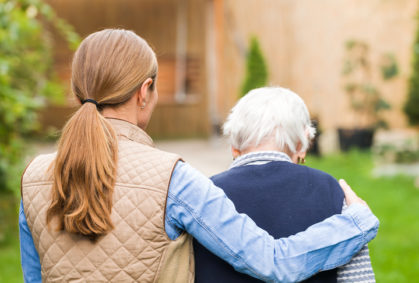Care-giving is difficult.
It becomes even more difficult when you have a loved one with Alzheimer’s Disease.
No matter who you are, Alzheimer’s Disease always throws people for a loop.
How do I communicate with him/her if they can’t remember me?
How do I keep them involved in activities?
How do we interact?
These are all valid questions that have no easy answers.
However, it is possible to keep to your loved one engaged even though they might have Alzheimer’s.
So how do we go about that?
In a survey that was put out by Self Magazine just last year, caregivers were asked to share their best tips on keeping their loved ones with Alzheimer’s engaged.
They shared the following tips.
How to keep a loved one engaged when they have Alzheimer’s Disease
Help them do the things they have loved to do for a long time
Thanks to a part of our brains known as the hippocampus, there are activities that we do automatically throughout life. This is true even for people with Alzheimer’s Disease. Chances are that your loved one still remembers how to dance, sing or play their favorite board game. They may not be able to explain why they are able to it; but it still stands that they can.
If you notice that they are still able to perform some of their favorite activities, create opportunities that allow them to be involved in those activities.
Modify activities they enjoy so they do so in a safe manner
For certain activities, it is possible that your loved one will not be able to carry them out in the same manner as they used to. In fact, in some instances, it may be unsafe for them to carry out those activities.
If this is the case, you will need to find ways to adapt the activity so that they can still participate in a safe manner.
Find out what goals they have and help them accomplish them
Has your loved one allowed a dream or goal they have always had to slip out?
Perhaps they have always wanted to visit a particular place or see someone in concert?
Help them fulfill that goal.
Help your loved one connect with other people with Alzheimer’s Disease
It is likely that your city has a meetup or community event for people with Alzheimer’s.
You may even find that the group like this is helpful to you as a caregiver.
Don’t force any activity on your loved one
If they don’t want to engage in a particular activity, don’t force your loved one.
It is always best to find activities they are interested in and help them be involved that way.
Help them exercise whatever cognitive ability they have left
If there are skills that have not been impacted by the disease, help your loved one exercise those.
It will give them a sense of purpose.
Allow them to help with household chores they are comfortable with
If they can help you put the dishes away, let them!
Those moments are always a great time to get them to participate in a family activity while helping them maintain a sense of purpose.
Read aloud together
Read aloud with your loved one. You might even find that reading material from their earlier days will spark excitement and conversation.
Keep trying
You haven’t yet found what will help your loved one engage?
Don’t worry. Keep trying new things each day. Listen to them when they speak. See what they already gravitate towards.
And then use that information to help them engage in life.
Caring for a loved one with Alzheimer’s Disease is not an easy road for anyone to travel. These tips were shared by caregivers who have already walked the road. Tailor them to your experience and watch your loved one begin to engage.
If you found this post helpful, consider sharing it with someone else looking for tips on how to help their loved one with Alzheimer’s Disease engage.

